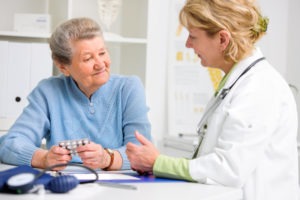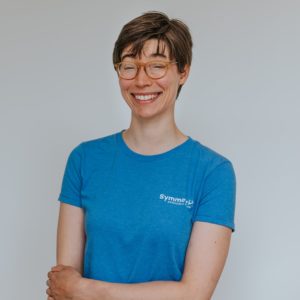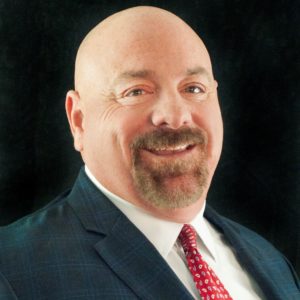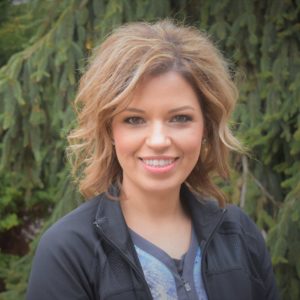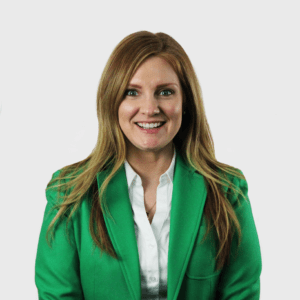Positive aging through technology
The Front Porch not-for-profit family of retirement communities, headquartered in Burbank, Calif., embraces a philosophy of identifying, researching and testing programs that help its residents enjoy fuller lives. To address that goal, Front Porch established The Front Porch Center for Technology Innovation and Wellbeing. As the nation’s boomers begin to age, technology is becoming an integral part of the fabric of their lives. It enriches body and spirit, encourages creativity and provides for an improved quality of life through better care and better health outcomes.
To determine what technology solutions will most benefit seniors, The Front Porch Center collaborates with residents, staff, and academic institutions along with researchers and technology providers dedicated to this population. After identifying the problem and technological solution, The Front Porch Center then partners with a technology provider to devise ways to bring these tools to seniors.
EXERCISING THE INTELLECT
According to Kari Olson, The Front Porch Center’s president, one of the greatest successes that resonated with residents was brain fitness. Partnering with a brain fitness technology provider, a popular and easy-to-use system was designed to challenge residents’ thinking with a variety of exercises, games and quizzes. “Our initial concern was finding the right combination of programs and technology to keep people coming back,” says Olson. As testament to the technology’s success to attract and retain interest, there are now 67 brain fitness units located throughout 17 Front Porch communities.
Olson adds that another reason for this successful implementation was its touch screen technology. “It doesn’t feel like a computer, but rather an entertainment option,” she says. To engage older adults, the touch technology must have a senior focus. “Older adults touch screens differently,” she explains. Some people might have a softer touch than others; some elders might be more comfortable tapping their knuckles on the screen. The key is finding out the best way for seniors to interact with the program.
“In assisted living or in dementia care, we might use the brain fitness program as a one-on-one activity,” says Olson. In skilled nursing, it is used as a group activity. Independent residents are free to access the program anytime. Staff also is trained on the computer and its various brain fitness activities so any questions or group activity can be handled successfully. This approach has helped brain fitness become a vibrant part of the culture in Front Porch communities.
GETTING MEDICATIONS RIGHT
The Front Porch Center is embarking on a new technological mission that addresses proper medication programs for independent, on-the-go seniors. Davis Park, director of The Front Porch Center, announced its latest technology project—“Minding Our Meds: Demonstrating Senior Medication Adherence with Cell Phone Texting Reminders.” The premise of the project is that the cellphone is increasingly part of seniors’ lives. It isn’t medical equipment; it doesn’t advertise a person’s frailties—it has no stigma attached to it, according to Park. “What we want to do is leverage that positive image to remind active seniors to take their meds in a timely fashion through this convenient, low-cost technology,” he explains.
The Front Porch Center has received a $77,150 mobile health (mHealth) grant from the Center for Technology and Aging. “Right now, we are developing the process with a technology team. Two cohorts trained to use the cellphone technology will be followed for a five-month period,” explains Park.
Currently The Front Porch Center is developing recruiting materials for project participants. “Once participants are selected training will begin—from inputting their patient information on the website to caregiver notifications if the senior was noncompliant,” says Park. “The senior just has to punch in a number on the cellphone to indicate that the medication was taken. If the system isn’t notified, the senior receives a text reminder,” he explains. The University of California—San Francisco’s Institute for Health and Aging will partner with The Front Porch Center to develop an evaluation plan to measure outcomes of the project. The results of this data will help determine how best to roll out the project on a larger scale.

Sandra Hoban was on I Advance Senior Care / Long-Term Living’s editorial staff for 17 years. She is one of the country’s longest-serving senior care journalists. Before joining Long-Term Living, she was a member of the promotions department at Advanstar Communications. In addition to her editorial experience, Sandi has served past roles in print and broadcast advertising as a traffic and talent coordinator.
Related Articles
Topics: Articles , Clinical , Technology & IT





